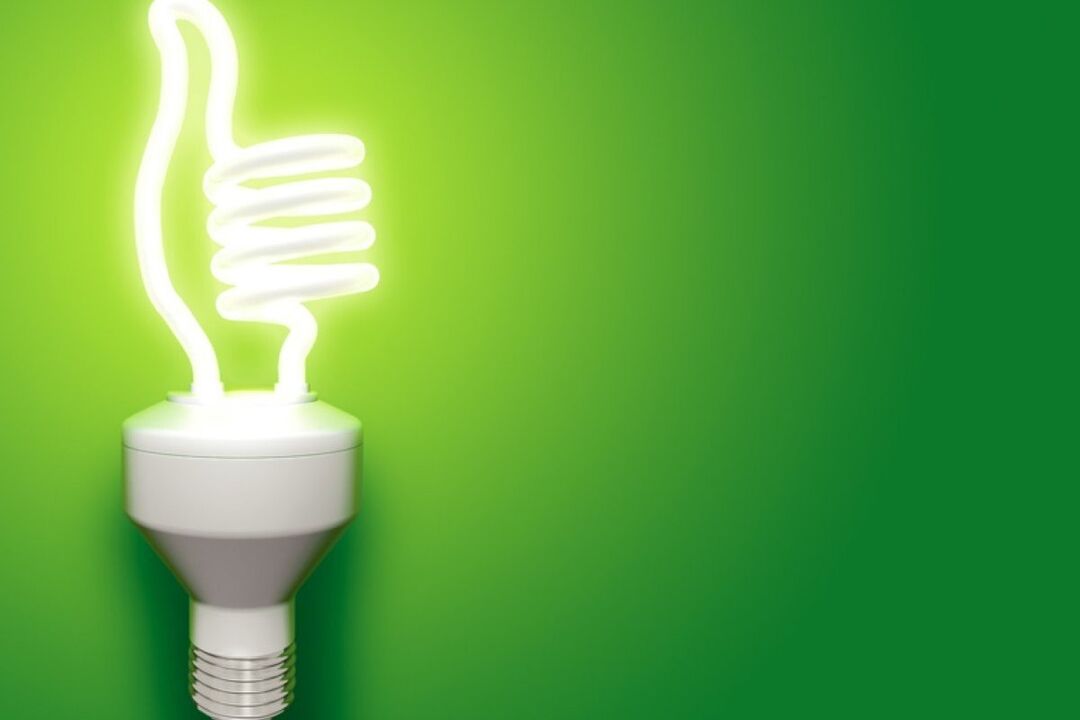
Be creative and invest time in finding interesting ways to teach your child how to save energy, because calculating the cost of electricity for a month often terrifies us. Teach them to be responsible and to use energy for its intended purpose. Children will be more responsive to an educational approach that interests them. Tap into your child's innate sense of curiosity by making the process fun and educational. Books, educational programs on television channels and websites will be a very effective tool for teaching children aged 5 to 10 years.
How to teach a child to save energy?
The first thing to do is to adopt age-appropriate techniques. Children have different views and abilities at different ages.
Children aged 3-5 will not be able to turn off the switch when they leave the room or remove the charger from the socket. You don't want them to disable these devices yourself for security reasons. What you can do is talk to them about it and keep showing them that you are saving energy yourself. They are more likely to follow your habits and follow your advice. When a child grows up, they can safely and responsibly practice what they learned as children.
An older child may need a more direct approach. You can show them your energy bill and tell them how the habit of saving energy will help you pay less. You can discuss various environmental protection measures with your children. Act visually; Turn off all electronic devices after use, do not open refrigerator or freezer doors, or turn on appliances. The main thing is their participation in this process. Children may even have helpful suggestions that could be incorporated into your household's energy saving plan. In this way, you will help them become more responsible by giving them the opportunity to participate in common family goals: reducing energy bills and saving money.
Here are some tips to help you and your children save energy:
- Close the water tap after use.
- Turn off unnecessary lamps and night lights.
- Turn off household appliances after use.
- Do not leave the refrigerator door open.
- Use natural light and turn off the lights during the day, as the Ministry of Tariff and Energy Regulation is unlikely to reduce tariffs, and this way you will save a lot.
- Do not turn on the computer when it is not in use.
- Turn off electrical and electronic devices when not in use. Some of these devices still use electricity even when they are turned off. We recommend unplugging electrical appliances.
- Adjust the thermostat a few degrees lower or higher, small adjustments help reduce the energy consumption of your air conditioner/heater.
That's probably all, but if you're interested in more detailed information about current, network connection criteria, etc. , you can find information on the Internet.
























